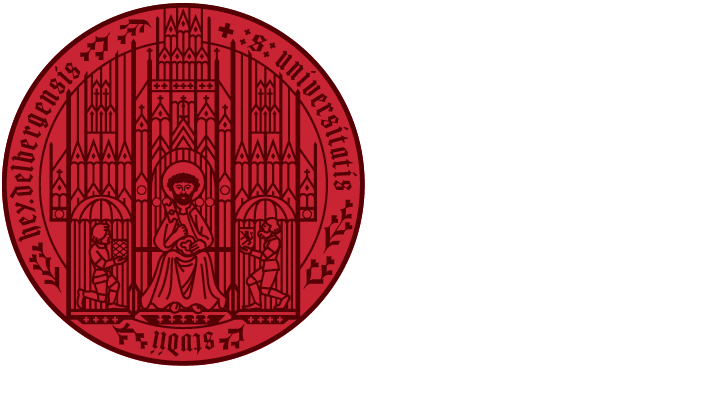Prof. Strohm’s research focuses on the history of the Reformation. In addition to second- and third-generation reformers, he studies in particular the cultural effects of the confessions in the early modern period in the field of jurisprudence. Since 2006, Prof. Strohm has been head of the Bucer Research Unit of the Heidelberg Academy of Sciences and Humanities, since 2008 a full member and since 2010 spokesman of the Center for Basic Research Early Modern Period of the Heidelberg Academy of Sciences and Humanities.
With decidedly interdisciplinary research interests, Prof. Strohm investigates, for example, the reception of Luther and other reformers among jurists of the early Enlightenment. Lawyers occupied a central position in Protestant universities during this phase and played an important role in the emergence of the modern university. Through a confessional comparative approach, possible differences in the development of law schools will be discussed.
Prof. Strohm’s publications include numerous essays as well as books on Dietrich Bonhoeffer’s ethics in resistance to National Socialism and “Ethik im frühen Calvinismus”.
Work Area:
III. Theology and Jurisprudence
Projects:
- Ideological-confessional aspects of Legal Development in the Early Modern Period
- Multiple Reformations? The Heidelberg-Notre Dame Dialogue on the Legacies of the Reformation Age


